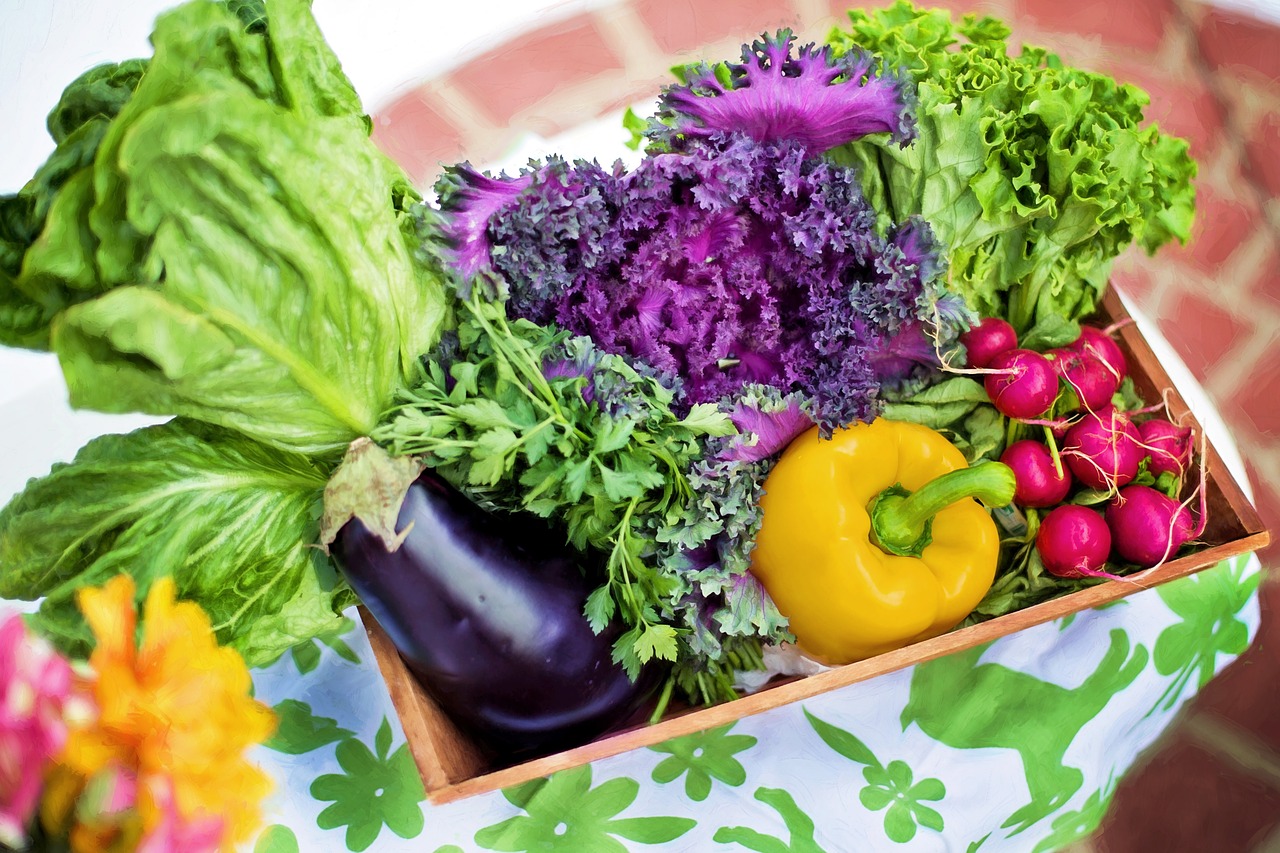
Organic gardening has come far from its humble beginnings as a niche market and is now a multibillion sales industry that keeps on growing. Consumers are rushing to buy naturally grown vegetables, fruit and meat, and aren’t showing any signs of slowing down or changing their minds.
Needless to say, many homeowners wish to recreate the same success in their own gardens, but are finding themselves in doubt whether commercial farm strategies would also bear fruit in their small backyards.
Whether you’re starting your own natural garden or switching to organic gardening, here are suggestions and pieces of advice you’ll need to get your project going.
Get the soil ready
Undoubtedly, the most important step in organic farming is preparing the soil. If you skip this step, your crops will lack the nutritious base to grow on and the results will be poor. The way to go is to have abundant organic matter in your soil and to add compost every year. You can’t really overdo it with compost, and having boxes or planters with it within your reach is your best option.

Sterilize your homemade compost
If you’ve already become an expert on homemade compost, ensure it’s well broken down and weed free. Take your time and put in the effort to go through it carefully with your gloves. It’s important you don’t bring in any disease or fungus into your garden, so your best option is to sterilize your compost before you use it in the garden.
One way to do this is by using fungicide or pesticide, but a more earth-friendly method is to let the sun have its way with it. Buy a clear plastic sheet, cover your compost pile with it, stake it down and leave it out in the open for at least a week. Sun rays will come in and their heat will destroy any fungi or nematodes inside.
Non-Chemical Pesticides and Fertilizers
Most popular homemade fertilisers are seaweed, fish emulsion and compost tea. The last option is very easy and quick to make: take some compost and soak it in water for a while, and you’ll get a liquid that is perfect for nurturing your plants.
As for commercial solutions, using organic worm fertiliser is definitely a smart choice, as it contains beneficial soil microbes, nutrients and minerals and it can be used both as fertilizer and soil re-builder and conditioner. With all of its characteristics, you’ll have your pest and disease bio-control all in one product.

Make your garden your priority
When you decide to grow your own organic garden, you need to make a choice and prioritize it over your lawn. Your garden will compete with the lawn for all the resources, especially water. Lawns are a very thirsty pet while the garden would be overwatered and drowned if you let the same rotary head sprinklers do the watering.
You need to decide between the two. If hand-watering your garden is too much work for you, set up a separate drip irrigation system. In that way, all the plants get just enough water without getting their leaves wet, which keeps them protected from fungi and disease.
Go with the seasons
With natural organic garden, farming follows the seasons and you need to be realistic when it comes to your expectations. Each fruit and vegetable have their own natural cycle, so you can’t expect to grow tomatoes in the middle of the winter. Work along with that cycle and acknowledge and respect the plant’s seasonality.
When you’re done with one crop, rotate and plant something different. For instance, when your harvest is done in the fall, plant clover as a cover crop. When you need to turn the garden bed over, it will bring back nitrogen to the soil.
It’s understandable if you’re going after juicy tomatoes, red peppers, melons or pumpkins, but they all take time to grow and aren’t very naturally resistant to pests. Start slowly and smartly by planting lettuce, green beans, kale, potatoes, carrots, beets and herbs, such as dill, oregano, basil, sage or thyme. Moreover, have your family’s needs in mind and plant those crops that you consume on a regular basis.
Growing an organic garden is a great project that will ensure you and your family can enjoy healthy, fresh and tasty food from your own backyard and with the tips listed here, you’ll be nothing short of a success!
Guest post by Lillian Connors
About the Author
Lillian Connors can’t resist the urge to embark on a myriad of green living/home improvement projects and spread the word about them. She cherishes the notion that sustainable housing and gardening will not only make us far less dependent on others regarding the dwellings we inhabit, but also contribute to our planet being a better place to live on. You can check her out on Twitter and LinkedIn.
You may also like
Using Food Scraps in the Garden Without a Compost Bin [Infographic]
Making Your Garden “Greener” in More Ways Than One
A Guide to Creating a Vegetable Garden for Every Space
